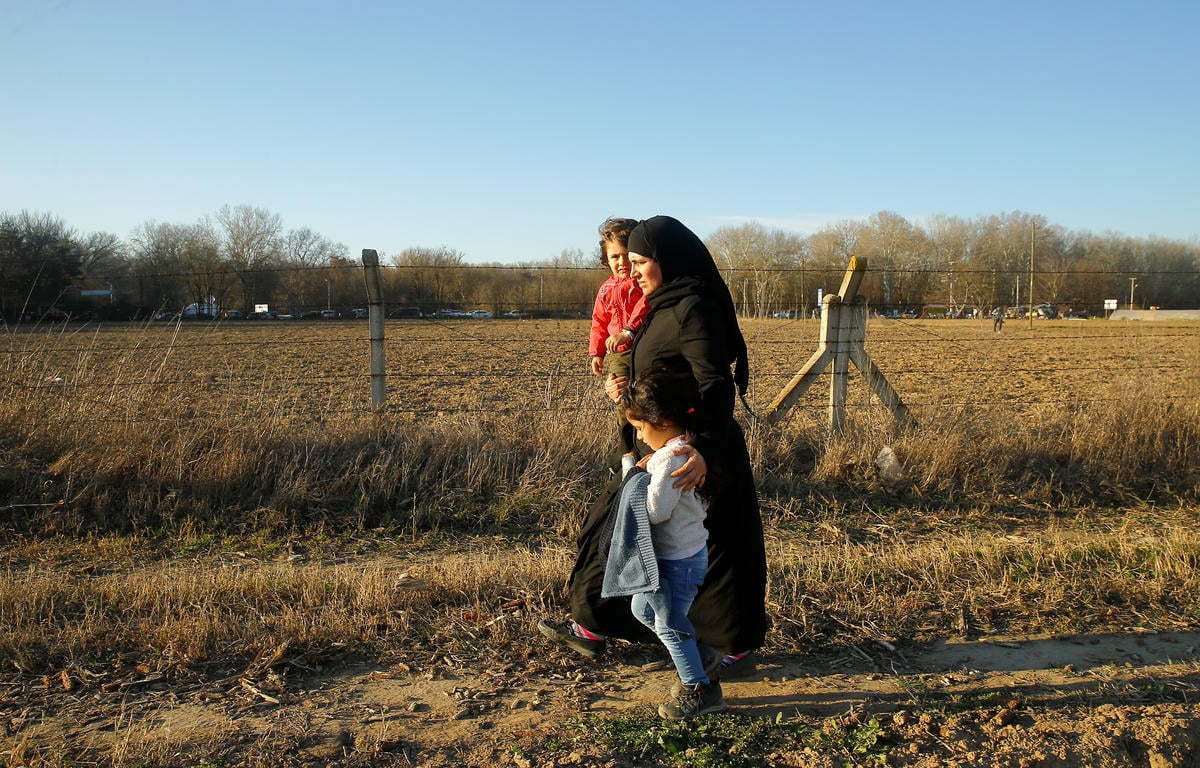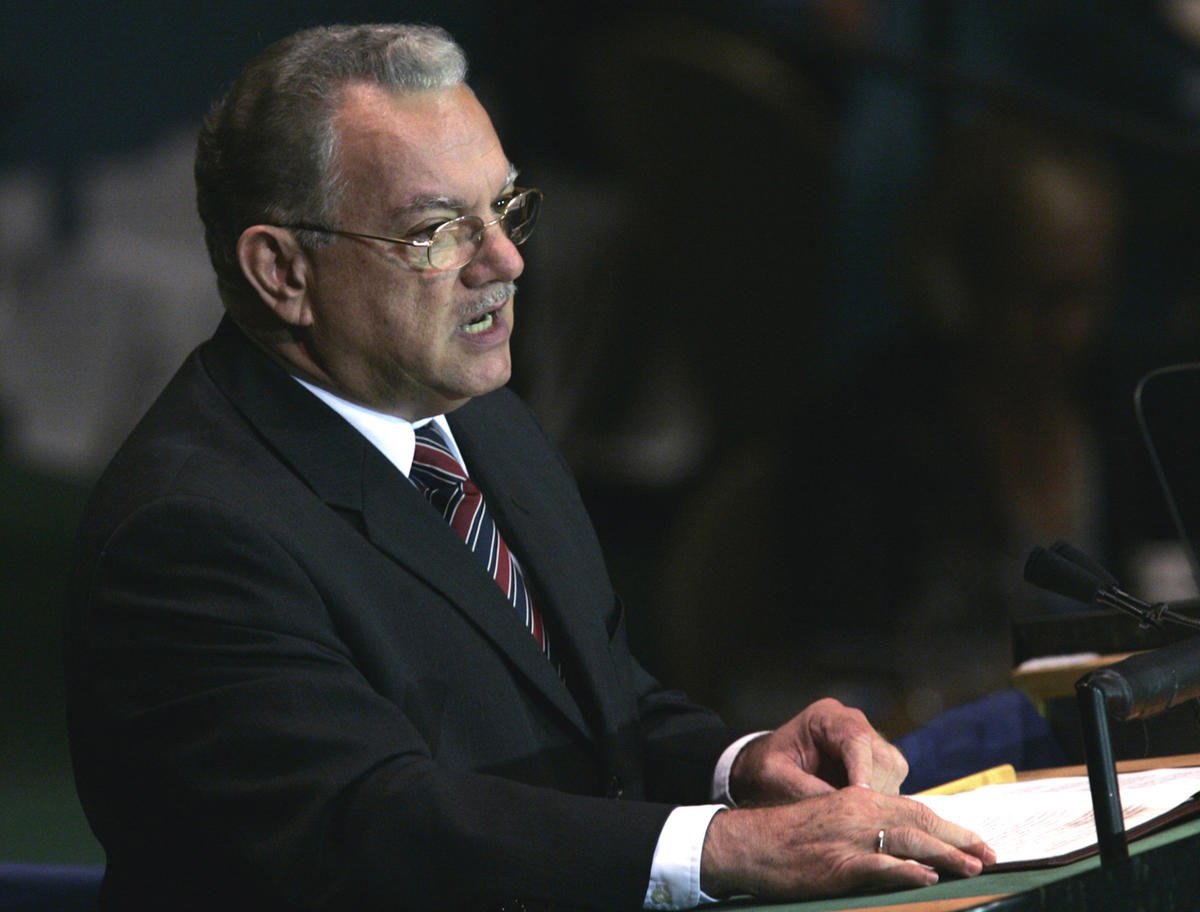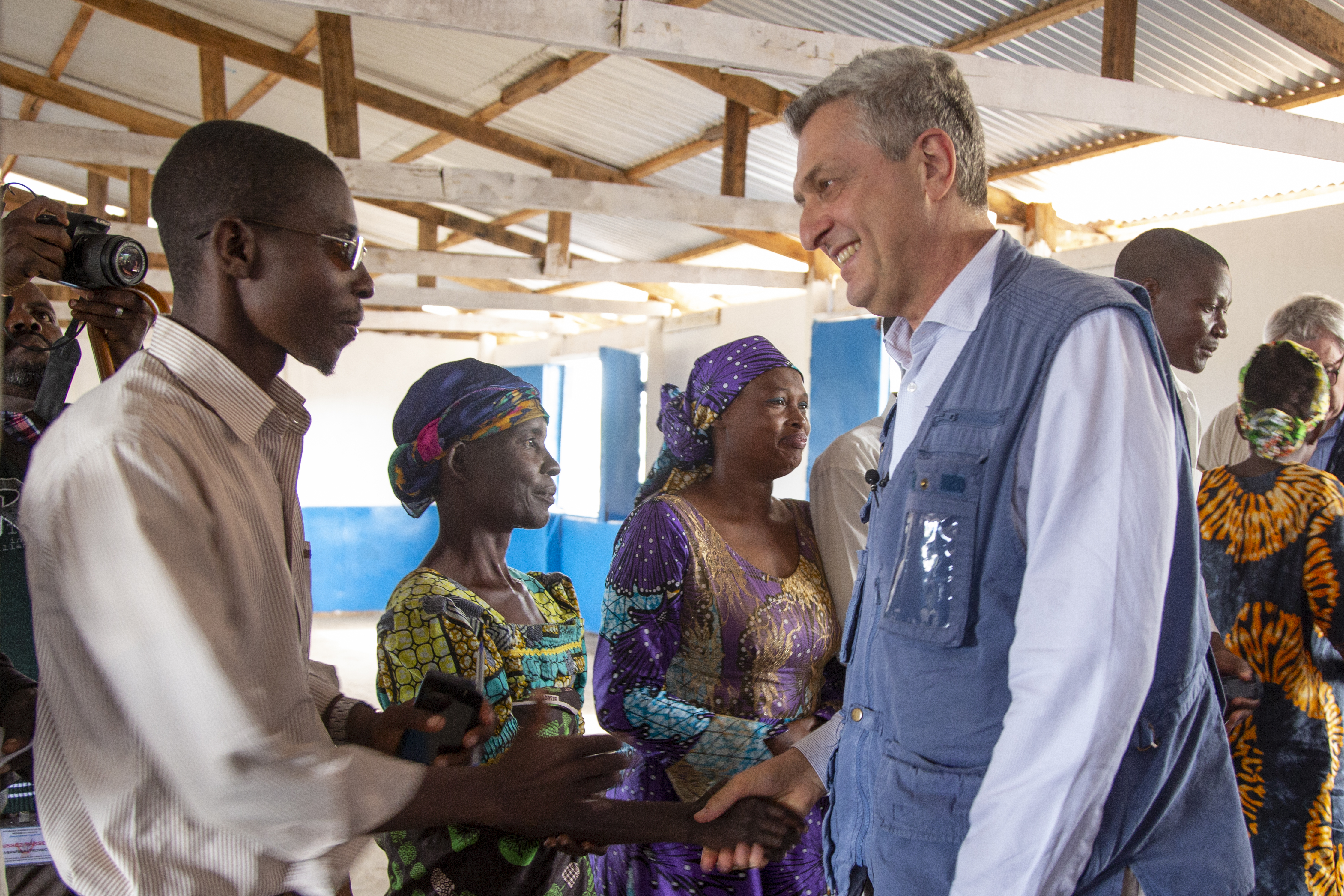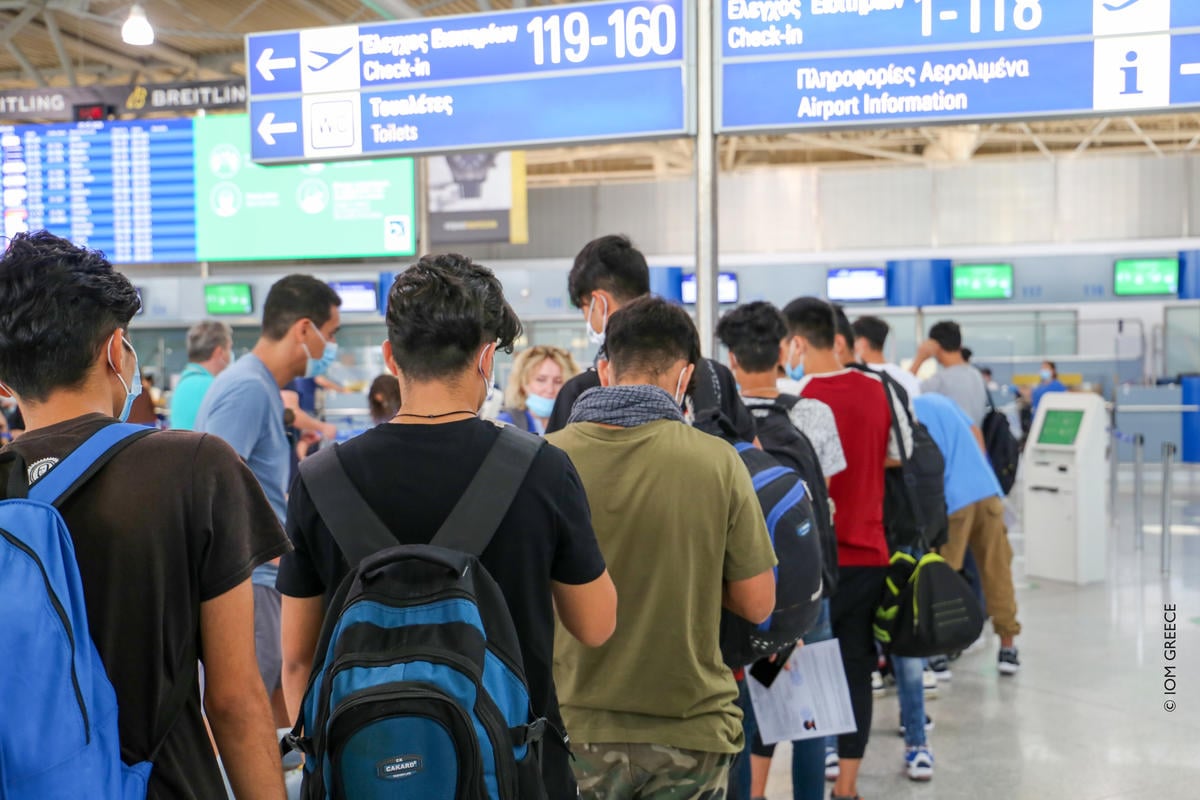Yemen meet agrees on regional cooperation to tackle asylum and irregular migration
Yemen meet agrees on regional cooperation to tackle asylum and irregular migration

SANA'A, Yemen, November 13 (UNHCR) - A regional conference on asylum and migration from the Horn of Africa to Yemen wrapped up today with agreement on urgent international action to better manage mixed migration while boosting support for countries of origin and host nations.
The agreement came in a joint declaration developed during the three-day conference in the Yemen capital, Sana'a, which was organized by the Yemeni government with the support of UNHCR and the International Organization for Migration. The declaration's recommendations aim to address the root causes of irregular migration.
"These [population] movements, and the deadly boat disasters that ensue, drive home the urgent need for increased international action to avert such incidents, to protect and assist people in need and to support countries like Yemen in shouldering the burden," UNHCR's Director of International Protection Volker Türk told delegates on Wednesday.
"Let me say that the failure to prevent deaths at sea must be seen as a collective humanitarian failure," warned Türk. "This conference, its outcome and follow-up present a valuable opportunity to move forward together with a joint vision, both regionally and globally, to prevent such a failure from reoccurring," he added.
UNHCR estimates that, since 2006, more than half-a-million asylum-seekers, refugees and migrants have made unauthorized crossings across the Gulf of Aden or Red Sea from Eastern Africa to Yemen, including some 107,000 in 2012 and 62,000 so far this year. Thousands have died in their attempt to make the crossing, most from drowning.
The declaration includes recommendations to tackle mixed migration challenges immediately and in the long term. In the area of law enforcement, it calls for enhanced bilateral and multilateral support; implementing a capacity building strategy to improve law enforcement mechanisms; combatting smuggling and human trafficking; and increasing international support to strengthen search and rescue capacities.
Other proposals include increased support for assisted voluntary return programmes; more burden-sharing; strengthening the refugee protection system, including respect for principles such as non-refoulement; enhancing cooperation in employment opportunities; economic development initiatives; more awareness-raising campaigns about the risks of irregular migration; and strengthened regional cooperation on information sharing and data analysis.
Delegates agreed on adopting a follow-up mechanism, which includes designating national focal points and convening regular meetings to evaluate progress and outline measures to tackle irregular migration and enhance the asylum mechanism.
Yemen's Prime Minister Mohammed Salem Basendwa, in his address on Wednesday, stressed that international solidarity and burden-sharing would be fundamental in ensuring Yemen's continuing hospitality. "Migration is a cross-border phenomenon; as such, it should be placed in a broader context of regional cooperation and regional policy development," added Laura Thomson, deputy director of the International Organization for Migration.
The meeting came at a time when international attention is focused more on the attempts of people from sub-Saharan Africa or Syria to reach southern Europe by dangerous sea routes.
But Christopher Horwood, coordinator of the Kenya-based Regional Mixed Migration Secretariat, said the conference outcome was positive, "insofar that the necessary stakeholders have become more engaged and seized by the mixed migration phenomenon - a complex issue that leads to so much suffering and criminality in some parts of the region."
The regional conference was attended by delegates of the four Horn of Africa states, Djibouti, Eritrea, Ethiopia and Somalia as well as representatives from Gulf Cooperation Council states and members of the League of Arab States. Senior officials of UN, intergovernmental and non-governmental organizations were also present.
By Ziad Ayad in San'a, Yemen








